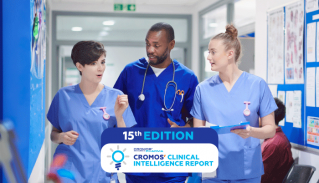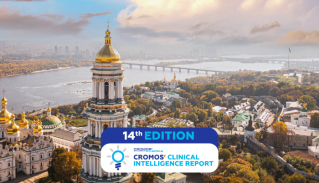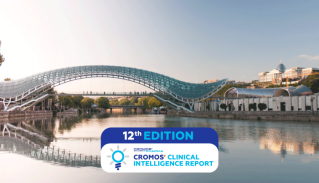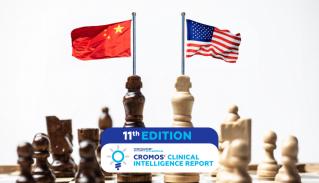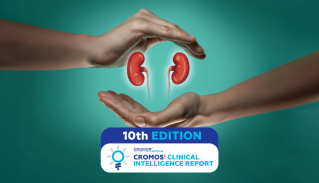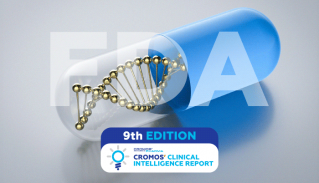
FDA Encourages the Use of Decentralized Clinical Trials in New Draft Guidance
On May 2, 2023, the U.S. Food and Drug Administration (FDA) has issued a novel Draft Guidance to further support the use of decentralized clinical trials (DCTs) for drugs, biological products, and devices.
This guidance has recommendations for sponsors, investigators and other industry stakeholders regarding the implementation of DCTs to advance medical product development and research.
DCTs are clinical trials where some or all trial-related activities occur at locations other than traditional clinical trial sites. Examples of decentralized elements include obtaining laboratory tests at a local facility rather than an academic medical center or conducting a clinical trial follow-up visit in a participant’s home via telemedicine. A DCT can be fully decentralized (for example, telehealth is used for all trial activities) or utilize a “hybrid” approach (for example, administration of the investigational product occurs at a traditional site while follow-up visits are conducted at home or via telehealth).
DCTs can make research studies more accessible to a wider demographic of participants who would otherwise be unable to take part in site-based research. Furthermore, other benefits include improvements in the recruitment and retention of participants, greater engagement and diversity, and, ideally, in a reduction in the costs required to run trials.
The Draft Guidance builds upon the FDA’s 2020 recommendations which were issued in response to the quarantines, site closures, and travel limitations resulting from COVID-19 pandemic.
The FDA has underlined that its regulatory requirements for investigations of medical products are the same for DCTs as for traditional site-based clinical trials. The new draft guidance covers recommendations on the following topics:
- design considerations for a DCT;
- conduct of remote clinical trial visits and clinical trial-related activities in a DCT;
- use of digital health technologies to remotely acquire data in a DCT;
- roles and responsibilities of the sponsor and investigators in a DCT;
- obtaining informed consent (IC) and institutional review board oversight of the IC process in a DCT;
- determination of the appropriateness of investigational products for use in a DCT;
- packaging and shipping of investigational products in a DCT;
- safety monitoring of trial participants in a DCT.
Decentralized clinical trials have a significant potential to harness technological developments to improve efficiency, participant experience, and generalizability of clinical trials. The FDA expects that, going forward, clinical trials with decentralized elements will play an important role in addressing public health needs.








